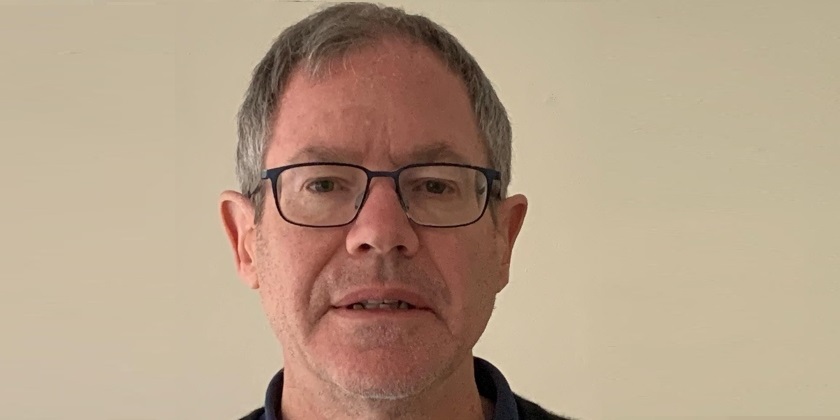The Shell legal team works closely with the business, providing leading and innovative expertise in all key activities to deliver on Shell’s Energy Transition agenda, in a safe, inclusive and ethical way.
“Tackling climate change is an urgent challenge. Shell has set a target to be a net-zero emissions business by 2050, in step with society and our customers. Our target supports the most ambitious goal of the UN Paris Agreement - to limit the rise in average global temperature to 1.5° Celsius above pre-industrial levels.”
In February 2021, Shell published its Powering Progress strategy to set out how it will accelerate its transformation to a net-zero emissions business, purposefully and profitably.
“The COVID pandemic caused severe disruption, and along with this came a fall in energy demand and carbon dioxide emissions. This has led to a renewed focus across society about how it interacts with the natural world.
“By 2050, we envisage that all our cashflows will come from serving customers with net-zero energy solutions and sustainable materials. Our energy product mix would be dominated by low and no-carbon energy - renewable power, biofuels and hydrogen. Some products might still contain carbon but all fossil-based carbon would either be captured and stored, or balanced through nature.”
For Shell, getting to net zero by 2050 means cutting its carbon intensity by 100%, and by 45% by 2035. Those targets cover the full range of its emissions from all the energy it sells, and not just the energy it produces.
“More than 90% of Shell’s emissions come from the use of all the energy products we sell. So we will help our customers cut their emissions where we can by selling them low and no-carbon solutions.”
Looking at the most interesting trends affecting energy transition over the past year, Henderson considers the impact of the Covid pandemic.
“First, the pandemic may prove to be an action accelerator necessary to meet the Paris aspirations. To address the economic impact of the pandemic, lessons are being drawn that well-directed green investment is good for jobs and economic recovery. This adds to the momentum generated by governments and businesses that have already set ambitious net zero targets."
“Second is the emergence of more integrated energy solutions. For example, Integrated Power continues to be core to our Powering Progress strategy, but there is huge growth potential from emerging integrated hydrogen opportunities. Hydrogen can be part of the solution to address intermittency of renewable energy production and meet growing customer appetite for matching renewable energy supply and demand.”
Shell’s current projects include the REFHYNE electrolyser in Germany that will produce green hydrogen using renewable energy. This 10 MW electrolyser, using advanced proton exchange membrane technology, will be one of the largest hydrogen electrolysers of its kind when completed in 2021. It will produce 1,300 tonnes of hydrogen per year and Shell’s Rhineland refinery will be the anchor customer.
Shell is also working with partners to create a green hydrogen hub in the Port of Rotterdam.
“At its core is our 759 MW Hollandse Kust Noord offshore wind project in the North Sea. We plan to build a 200 MW electrolyser and the green hydrogen produced will initially be used at our Pernis refinery. A final investment decision on the electrolyser is yet to be taken.”
In terms of the strategies outlined in this report, Henderson highlights what Shell is doing in two key areas: acting on demand, and focusing on nature-based solutions.
“As most of our emissions come from the use of fuels and other energy products we sell, it makes sense to place our customers at the centre of our energy transition strategy. We will work with customers on a sector-by-sector basis to deliver low and no-carbon solutions. This includes customers in sectors that are difficult to decarbonise such as aviation, shipping, road freight and industry. In aviation, Shell can work with customers and suppliers to develop a profitable market for sustainable aviation fuel. In 2020, we signed a deal with Amazon Air to supply up to six million gallons of sustainable aviation fuel.
“Mitigation through nature is necessary on top of transition of the energy system. Today many customers have no alternative to using carbon-based energy but they still want to be net zero. So we support the responsible use of high-quality, independently-verified, nature-based offsets as an integral part of the energy solution we sell to them.
“In 2020, we invested around $90 million in the future development and purchase of nature-based offsets, and in 2021 we expect to invest around $100 million. To be clear, the order of priority for us is: first, avoid emissions; second, reduce emissions. And then, turn to mitigation through methods like nature-based solutions, which include many additional environmental and sustainability benefits.”


Social Media cookies collect information about you sharing information from our website via social media tools, or analytics to understand your browsing between social media tools or our Social Media campaigns and our own websites. We do this to optimise the mix of channels to provide you with our content. Details concerning the tools in use are in our privacy policy.